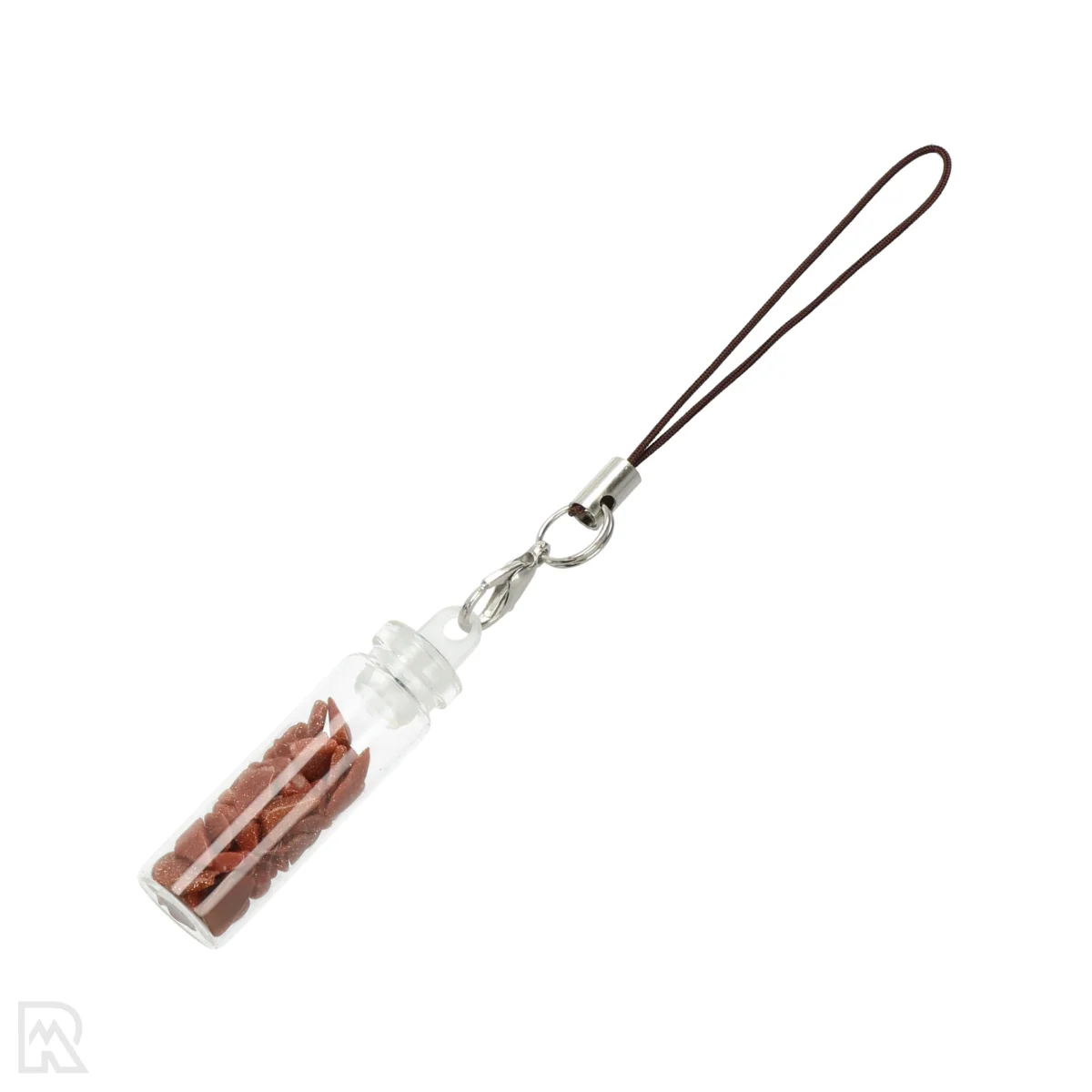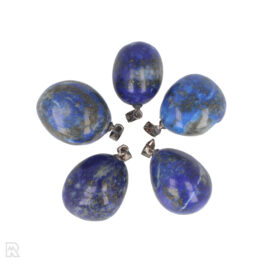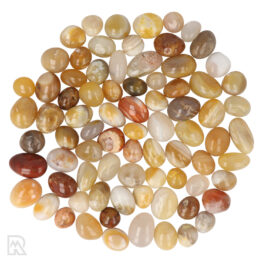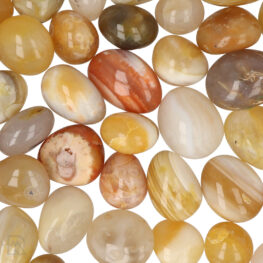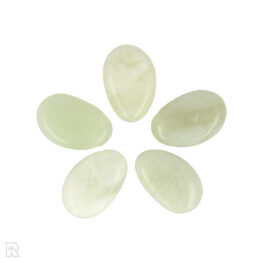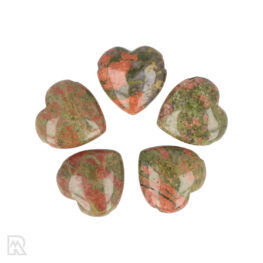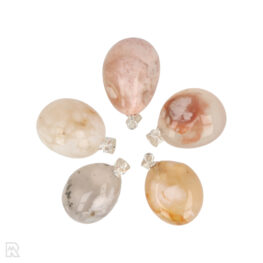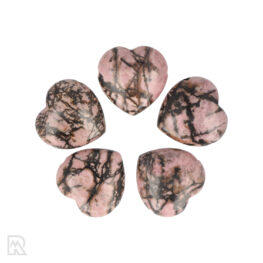| Gewicht | 0,05 kg (50 gr) |
|---|---|
| Dimensions | 1,1 × 1,1 × 3,5 cm |
| Sales Unit | |
| Type | |
| Form | |
| Origin | |
| SKU | 4984 |
Goldstone Lucky Bottle
Goldstone Lucky Bottle from China
Goldstone
Goldstone is not a natural mineral, but a synthetic glassy material with a distinctive shimmer caused by trapped copper particles. The stone usually has a warm brownish-red to golden brown colour, although blue and green varieties also exist. Due to its sparkling appearance, goldstone is often used in jewellery and decorative objects.
Goldstone was probably first manufactured in Italy in the 17th century, possibly by glassmakers in Venice. Although an artificial product, it is often offered alongside natural stones in the mineral trade because of its attractive appearance. Its hardness is around 5.5 to 6 on the Mohs scale, similar to ordinary glass.
Sources:
Mindat.org, Wikipedia - Goldstone
Selenite
Selenite is a clear to translucent variety of the mineral gypsum (CaSO₄-2H₂O). It is known for its glassy to pearly luster and often fibrous structure. A common form is selenite, which has a silky luster and occurs in long, fibrous crystals. Despite its name, selenite has nothing to do with the element selenium; the name is derived from the Greek word for moon, because of its soft luster.
Selenite forms in sedimentary environments during the evaporation of seawater and is found in countries such as Mexico, Morocco, the US and Australia. It is a soft mineral with a hardness of 2 on the Mohs scale, making it easy to work by hand. Almost all selenite sold on the Dutch market is satin spar; however, selenite is a market-accepted sales name.
Sources:
Mindat.org, Gemdat.org, Wikipedia - Selenite
